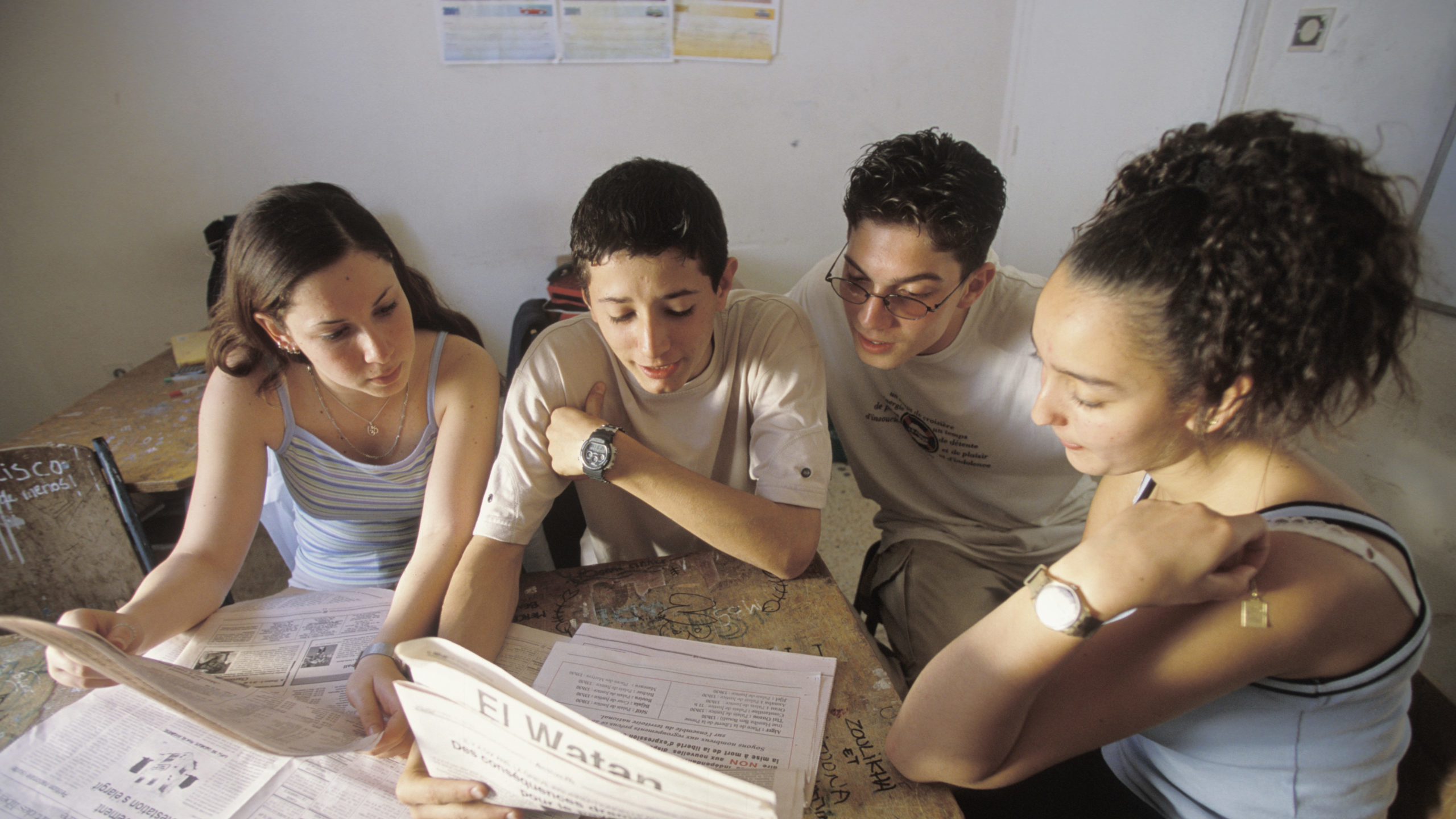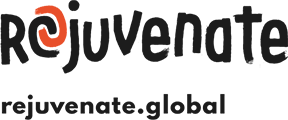project
Tatu Tano was established by the organisation Kwa Wazee in response to a request from the grandchildren of beneficiaries of Kwa Wazee. Kwa Wazee – which means older people in Kiswahili – works in the rural areas of Tanzania most affected by the HIV/AIDS epidemic. It is primarily a cash transfer and social protection programme that supports grandparents who are tasked with caring for orphaned grandchildren whose parents have died due to HIV.
Originally, grandparents requested that Kwa Wazee facilitate conversations between them and their grandchildren. These discussions led to children requesting regular, monthly meetings of their own ‘for friendship and so they could do income generation work together’. Eventually these gatherings developed into Tatu Tano.
In Kiswahili, Tatu Tano means three and five. As the name suggests, the children’s groups are small and organised by neighbourhoods, rather than villages or towns, which enables frequent collaboration. Kwa Wazee’s 2018 annual report states that since Tatu Tano began in April 2008 with 133 children, nearly 500 groups are now operating.
These groups come together with other groups in their area once a month at cluster meetings to discuss what they have done, deposit their savings, and deliberate on any issues they have or support they need. While Tatu Tano is considered a project of Kwa Wazee and has an adult manager who attends the cluster meetings, ‘at every point children lead and decide’ and the manager is only there ‘as a source of information and a link to training opportunities’ . For example, each group receives an initial loan to begin income-generating activities, but it is up to the members of the group to decide when to begin to pay the loan back.






